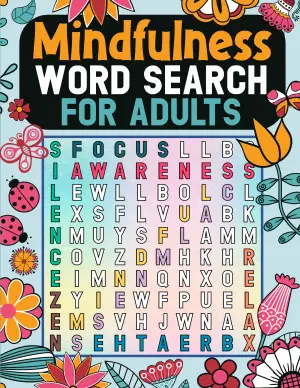I recently dove into “Dianetics: The Modern Science of Mental Health” by L. Ron Hubbard, intrigued by its long-standing reputation as a bestseller and its promise to challenge my understanding of the human mind. Having an interest in psychology and the mechanisms behind human behavior, I thought this book might provide some compelling insights.
From the outset, I found “Dianetics” to be both illuminating and engaging. It presents the concept of the reactive mind—an aspect of our psyche that stores painful experiences and influences our emotions and behaviors often without our conscious awareness. Many readers resonate with this aspect, as one Amazon purchaser noted how the book helped them unravel the reasons behind their behavior, making it sound like a secret map to understanding oneself. This theme of discovering why our struggles repeat resonated deeply with me, and I appreciated how Hubbard offered clear, actionable techniques to help clear these emotional blocks.
Another notable takeaway was the clarity and accessibility of Hubbard’s writing style, which made the complex ideas easier to digest. Carol’s review aptly summarized this by stating it provided a comprehensive understanding of what holds us back in life, illustrating the reasons behind our decisions and giving hope for change. The straightforward definitions and practical methods are particularly appealing for readers seeking tangible solutions to their mental health challenges.
However, as I ventured deeper into the book, I encountered certain drawbacks that warrant discussion. While many readers, like Robert Blehert, share experiences of successfully applying Dianetics techniques to help others, I found myself grappling with the reliance on terms like “engrams” and “auditing,” which can feel vague and unenlightening without scientific backing. One critic, Scott Rosenberg, raised valid concerns about the book’s overarching narrative, suggesting that it could come off as almost preachy, focusing more on creating a movement than on helping individuals. This gave me pause, as I wondered if the methods proposed were positioned as a panacea without adequate evidence or endorsement from wider psychological communities.
Moreover, while I appreciated the framework of understanding how past traumas can affect present behaviors, some explanations—the idea of a fetus “hearing” external speech, for instance—bordered on the bizarre and strained my suspension of disbelief, making it harder for me to fully embrace all of Hubbard’s claims.
Despite these criticisms, I found that “Dianetics” succeeded in sparking introspection. It prompted me to consider my experiences and behaviors in a new light, providing a legitimate avenue for breaking free from the patterns that hinder personal growth. The mixture of personal anecdotes and a step-by-step method for emotional clearing makes it an engaging read, even if some parts feel less grounded in provable science.
To summarize, “Dianetics: The Modern Science of Mental Health” is a thought-provoking read that encourages self-discovery, revealing insights into the mind that many may find helpful. While there are portions that may come across as less reliable or excessively speculative, the book undeniably delivers stimulating content that can contribute to one’s understanding of mental health. Thus, I would recommend this book for open-minded readers intrigued by concepts of self-help and mental health improvement—just approach it with a critical eye.
Overall, I would rate “Dianetics” at four stars. It provides valuable insights and practical methods for self-improvement while inviting critical thought on the more controversial claims. If you’re curious about how your own mind may be holding you back, this book might be worth a read.
Discover the transformative insights of Dianetics for a healthier mind and better life. >>








